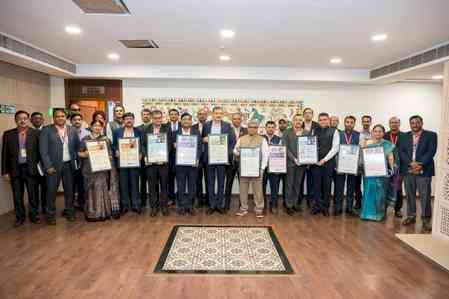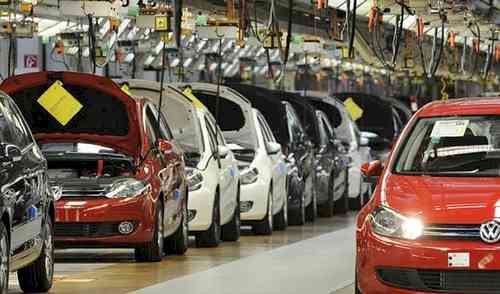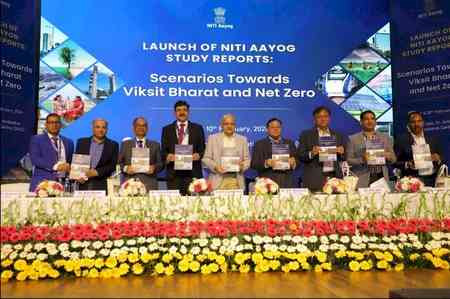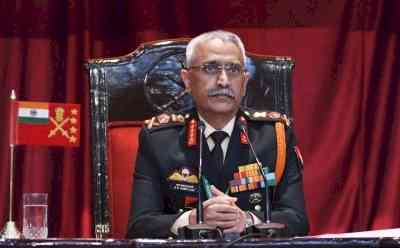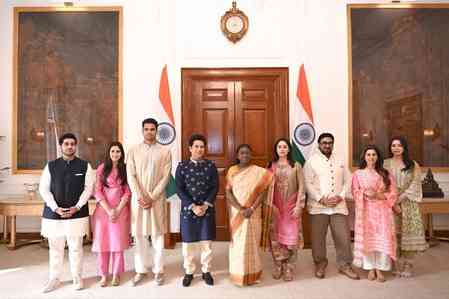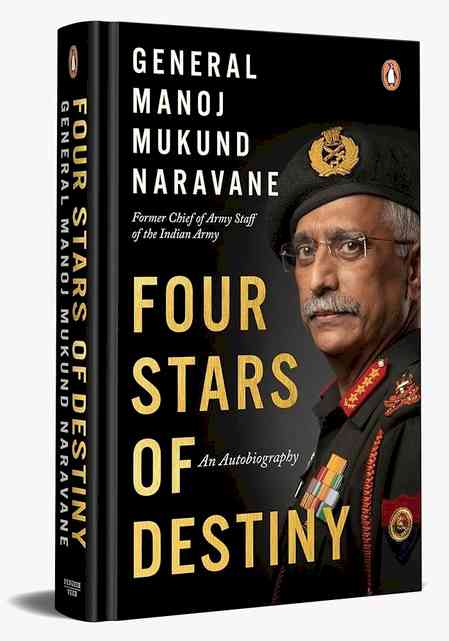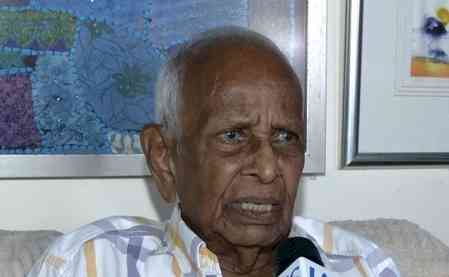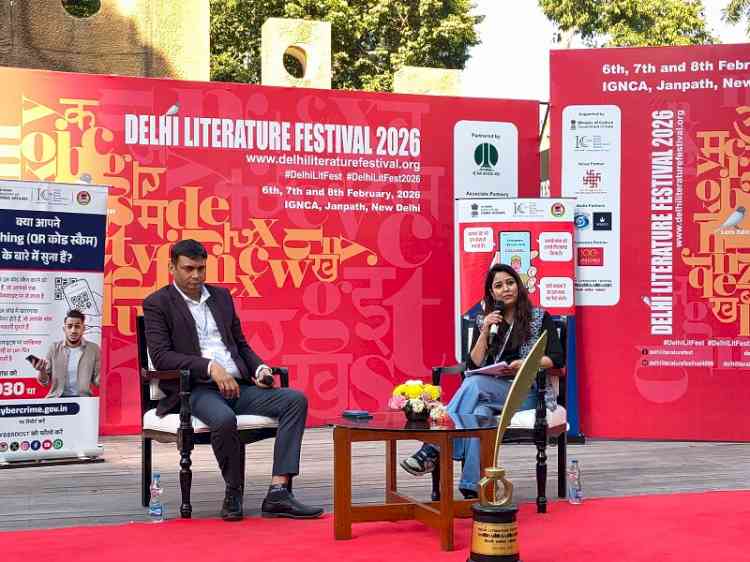Innovation, Research, and Collaboration Drive India’s Energy Efficiency Agenda at AEEE-Energise 2025
The fourth edition of AEEE-Energise, the flagship biennial international conference of the Alliance for an Energy Efficient Economy (AEEE), brought together over 200 researchers, policymakers, industry leaders, and students at Asia Plateau, Panchgani, to advance India’s clean energy and decarbonisation agenda.
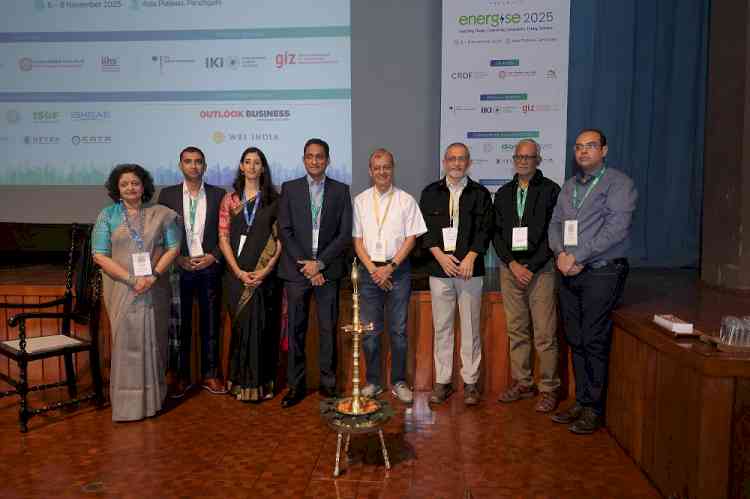
Panchgani, Maharashtra, November 7, 2025: The fourth edition of AEEE-Energise, the flagship biennial international conference of the Alliance for an Energy Efficient Economy (AEEE), brought together over 200 researchers, policymakers, industry leaders, and students at Asia Plateau, Panchgani, to advance India’s clean energy and decarbonisation agenda.
Organised in collaboration with the CEPT Research and Development Foundation (CRDF), Indian Institute of Technology Delhi (IITD), and the Indian Institute for Human Settlements (IIHS), the three-day residential conference reaffirmed that energy efficiency is a cornerstone of India’s journey toward a resilient, low-carbon, and inclusive economy.
“AEEE-Energise 2025 demonstrates that India’s clean energy transition will be shaped not just by technology, but by data, innovation, and people,” said Dr Satish Kumar, President and Executive Director, AEEE, and Convenor of Energise 2025. “When research, policy, and markets come together, energy efficiency becomes the driving force of competitiveness, resilience, and equity in India’s growth story.”
AEEE-Energise 2025 featured more than 80 research paper presentations, alongside dialogues, workshops, and peer-led discussions.
A key highlight was the launch of the Geospatial Open Building Stack (GOBS), India’s first open-data initiative mapping the country’s built environment to support sustainable urban planning and climate action. By offering granular, verifiable data on building density, materials, and energy use, GOBS will enable policymakers and planners to model energy demand, identify high-consumption areas for retrofits, optimise infrastructure, and design climate-resilient, resource-efficient cities – advancing data-driven governance and equitable development.
Another major release was the issue brief “Mapping Demand Flexibility Service Providers for India’s Green Grid,” which presents a first-of-its-kind landscape analysis of India’s emerging demand flexibility (DF) market. The conference also saw the launch of Data-driven Integrated Carbon Metrics for Buildings (Di-Carb) Phase 2, aimed at deepening understanding of embodied and operational carbon to promote low-carbon design and construction.
A thought-provoking conversation with science journalist and author Anil Ananthaswamy explored the intersections of consciousness, artificial intelligence, and energy. Drawing from his acclaimed books The Man Who Wasn’t There and Why Machines Learn, he invited participants to reflect on how intelligence – human and artificial – can shape more mindful, energy-aware futures.
The conference also delved into critical themes shaping India’s clean energy transition, including demand flexibility for grid resilience, district cooling as a scalable urban solution, inclusive and just energy transitions, and innovative financing for decarbonisation. Across sessions, experts underscored the importance of integrating technology, governance, and behaviour change to build a sustainable future.
The Idea Café offered an informal, peer-led space where researchers, students, and practitioners shared ideas and co-created solutions in small, interactive groups – fostering a spirit of collaboration and creative problem-solving.
AEEE-Energise 2025 also saw strong participation from young professionals and students, reflecting the focus on nurturing the next generation of clean energy leaders through mentorship and exposure to cross-sectoral research.
Set against the serene backdrop of the Sahyadri hills, AEEE-Energise 2025 provided a space for reflection, connection, and collaboration – reaffirming energy efficiency as a vital lever for achieving Viksit Bharat 2047, and positioning India as a global leader in sustainable development.



 City Air News
City Air News 
